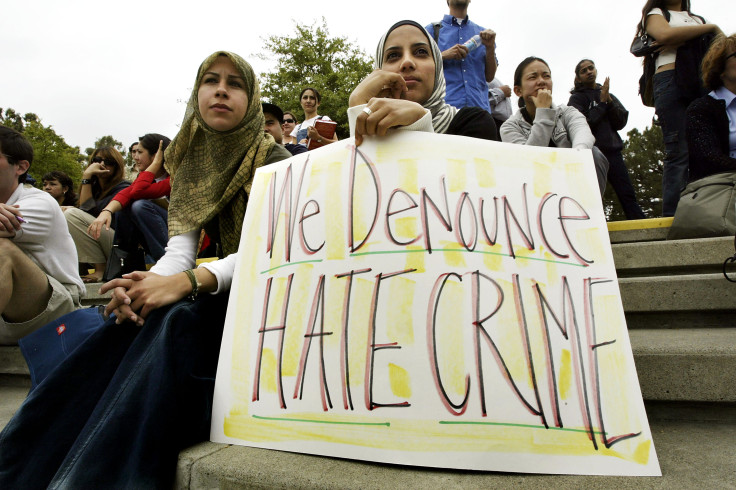
According to a historian, there are a lot of similarities between this moment in time and the 1820s.
Nicole Lee Schroeder, PhD, an assistant professor at Kean University, made her hypothesis in a post published on X, where she explained the parallels between the 2000s and the 1820s.
"It is a really jarring moment to be a historian," she said. "To know what might be coming is alarming."
It is a really jarring moment to be a historian. To know what might be coming is alarming. To realize that no one around you sees it or acknowledges it is a weird place to be in. Its like time traveling without time traveling. 1/8
— Nicole Lee Schroeder, PhD (@Nicole_Lee_Sch) November 9, 2024
While she didn't elaborate on what may be coming, she listed the similarities between the two time periods and said it's akin to "time traveling without time traveling."
"I study the 19th century and the 2020s look a lot like the 1820s," she said. "Frequent epidemics? Check. Inflation? Check. Xenophobia and deportation schemes? Check. Women's rights losses? Check. Rampant backlash against women's economic freedoms and jobs outside the home? Check."
She continued, "Growth of carceral facilities? Check. Legislation to forcibly institutionalize disabled people? Check. Targeted attacks on Indigenous peoples? Check," Schroeder said. "Extreme religious fervor? Check. Efforts to shape public school curriculum with religious rhetoric? Check. Tariffs? Check."
The historian also highlighted the hate that fueled the economic success of the antebellum era.
"Slavery fueled the economy, and antislavery efforts were not very radical on the whole. Hatred against immigrants was widespread and poverty was extensive," Schroeder said. "Everything we are seeing right now happened in the early 1800s. And these choices were fueled by white supremacy, misogyny, and xenophobia. I really wish more people understood that we've been here and done this."
In 2023, a United Nations (UN) committee announced that hate speech and xenophobia has risen worldwide. The United Nations Educational, Scientific and Cultural Organization (UNESCO) attributed this trend of hate speech spreading faster and further than before in history due to social media. Hate speech impacts a society by inciting violence, reported UNESCO.
She advised readers of her thread who are in despair, to "pick up a history book" to "guide us." She said, "Before every win for human rights came a fight for it. We are now a part of that fight."







